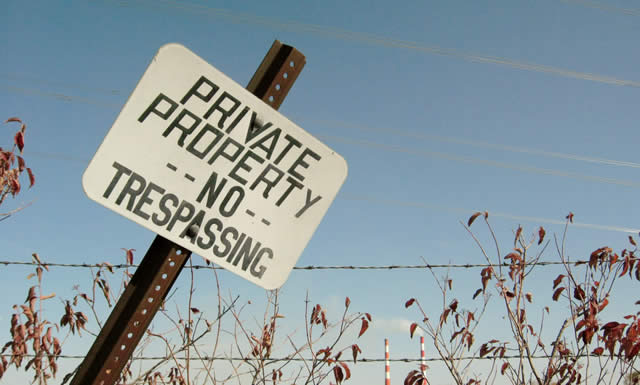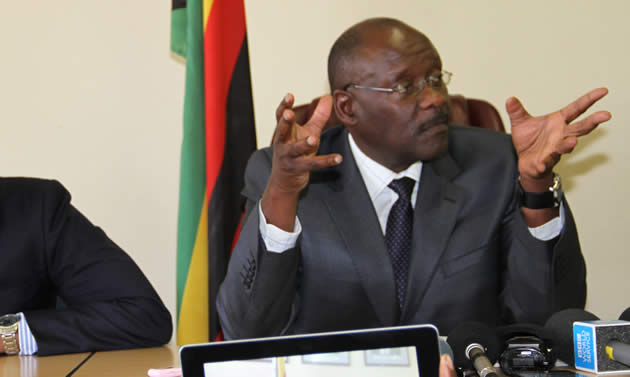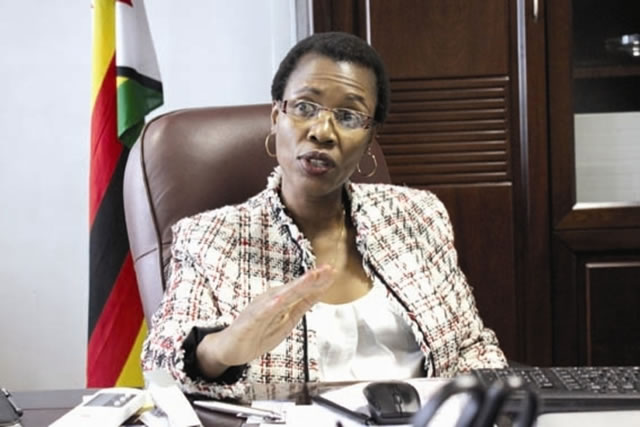Call to protect spouses property rights

Fidelis Munyoro Chief Court Reporter—
An applicable law giving rights of a spouse to a matrimonial home registered in the name of the other spouse is urgently required given the rise in cases in which property is being attached in legal disputes, prejudicing one of the parties, the High Court has said. Justice Amy Tsanga also said there was need for local banks to adopt best practices and a Code of Ethics on how to engage with parties in relation to matrimonial property given the tremendous impact that the sale of such inevitably has on the family. She said the law defines what should happen to property rights on divorce or on death in the context of marriage, but there is less detail stating property rights when a marriage subsists.
Related………
- Rights of women on dissolution of unregistered marriages
- Inheritance by children born outside marriage
- Fierce estate row breaks out
- Origins of the oppression of African women
- Relief for widows from customary marriages
- Widow fights inheritance ruling in Supreme Court
- Landmark ruling on inheritance
“Ordinary rules regarding property apply in the context of every day existence without regard to sex,” she said. Justice Tsanga made the observation in a case in which she dismissed an application by a Harare woman, Mrs Annie Mazviita Madzara, who was seeking to set aside a writ of execution on the matrimonial home over non-payment of a mortgage bond to Stanbic Bank.
Mrs Madzara wanted an order allowing the spouses to veto an encumbrance of matrimonial home and that they have a right to be consulted. She had the matrimonial home encumbered by her husband, Mr Clever Madzara, for a loan advanced by Stanbic without her consent. This is despite the fact that she had not only and single-handedly paid towards servicing the mortgage and developed the family’s house in Lincoln Green, Belvedere, to its present five bedrooms and three lounges.
Title deeds to the house are registered in the name of the husband, making him the recognised owner of the property at law. The case is illustrative of the need for existing laws to be gender sensitive for their efficacy and exposed tensions that exist between matrimonial property, real rights and personal rights.
Justice Tsanga said the right of an untitled part also needed to be addressed where the property was not jointly owned as in the present case. Arguing that the house is in fact hers, the judge said, Mrs Madzara had nothing against the real rights. “Her argument in any event is that the home cannot be used as security for a loan, but rather that where a matrimonial home is used then the other spouse should play a role in consenting and that where consent has not been given such encumbrance should not be sanctioned,” said Justice Tsanga.
“This is indicative of a lacuna in the law which needs to be addressed legislatively in terms of spelling out the exact parameters of the protection of matrimonial home.” Justice Tsanga said the facts in the present case and from other cases that came before this one on the same issue point to one overwhelming one conclusion — that married couples, particularly women, do expect the law to intervene with normative guidelines on the matrimonial home, not just on divorce or death, but during the course of the marriage.
“Thus legislative reform is where the energy should have been placed a long time ago,” she said. “These are not issues that can be addressed through the enthusiastic pen of an overly activist judge. “These issues require informed dialogue and the legislator’s engagement with relevant stakeholders on what would be realistic.”
Justice Tsanga said sight should not be lost of the significance of participation for efficacy of laws by those on whom they would have a bearing.
She said when there is an appropriate legislation outlining the operative framework for dealing with the matrimonial home, it would be the full responsibility of lenders to ensure that what they are dealing with is not a matrimonial home.
“In my view, legislative intervention that addresses the rights of the spouse to matrimonial home during the course of the marriage is where energy should be,” she said. “Even when cases such as this one is lost, they nonetheless play an important role in forefronting the types of problems that need the legislator’s attention.”
Legal experts in family law welcomed the observation, saying there is urgent need to amend the law as has been stated by judges in many such cases to do away with the common law position. “The common law position is prejudicial to women and flies in the face of equality and the new Constitution,” Women in Law Southern Africa director Ms Silvia Chirawu said.
“More often houses are put in the husband’s name because of patriarchy and gender inequalities but both husband and wife may have contributed.” Mr Tendai Biti, who argued the case for Mrs Madzara, had asked the court to make a finding that his client had a right in the immovable property. He emphasised that the core of his argument was that anything that treats the property as belonging exclusively to the husband was unconstitutional.
Mr Biti also submitted that the rights that were sought to be spelt out were those of a spouse in regard to a home that is registered in the name of the other spouse only and that the declaration sought to inform the bank in particular of the rights and interest of such spouse. But Stanbic’s lawyer, Advocate Thabani Mpofu, argued that the bond was unavoidable as the property belonged to the person who has full dominium.
He also argued that the law was for equal protection of every one’s interests. Adv Mpofu was of the view that the matter was for legislative reform in terms of the ambit of any protection to be accorded the matrimonial home.











Comments